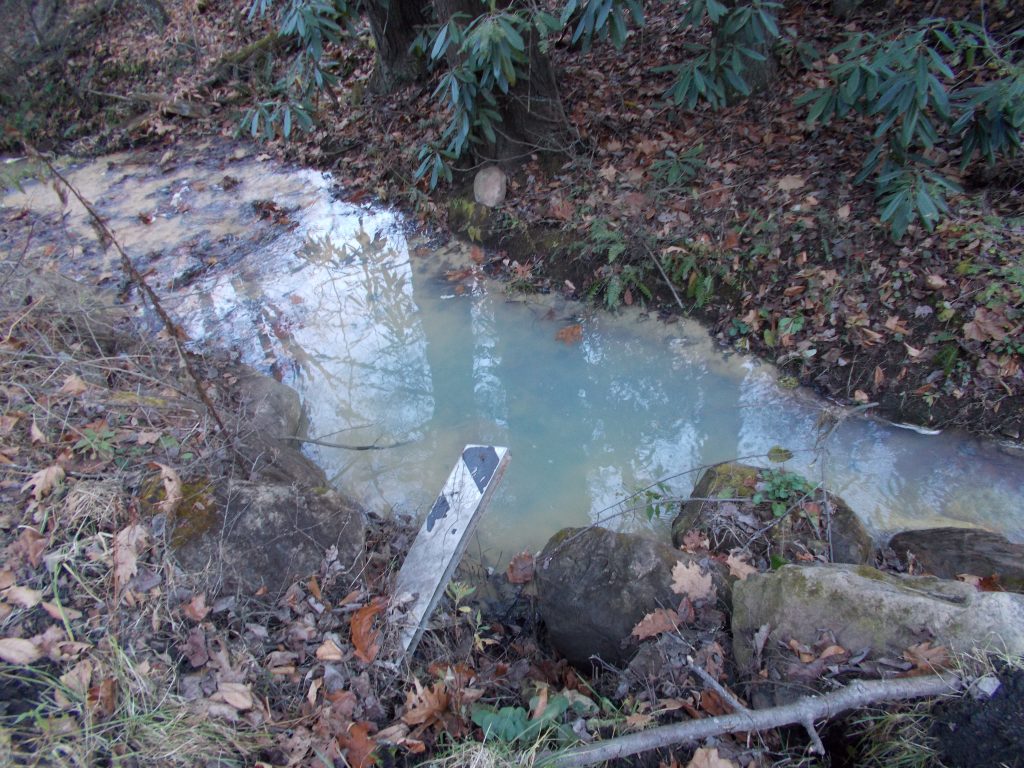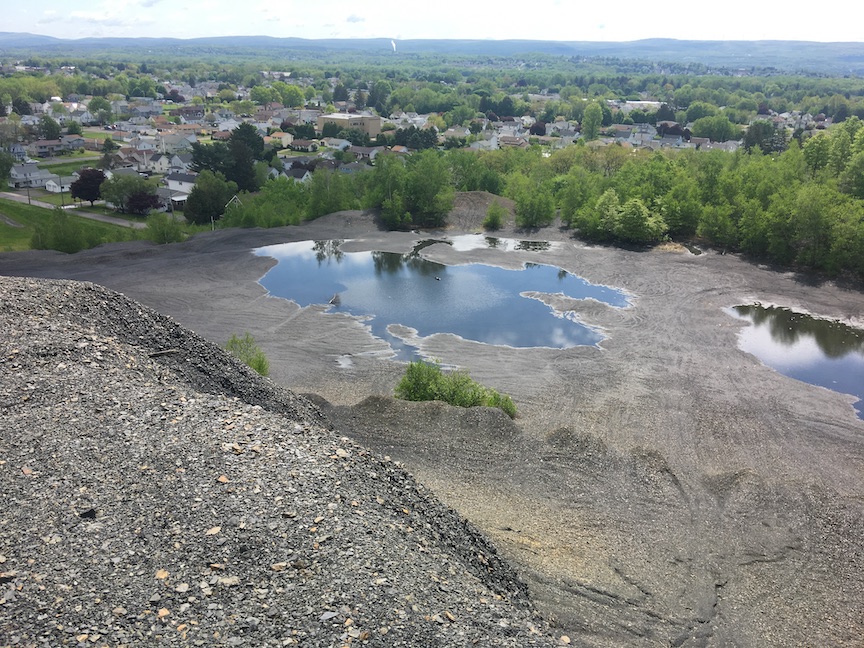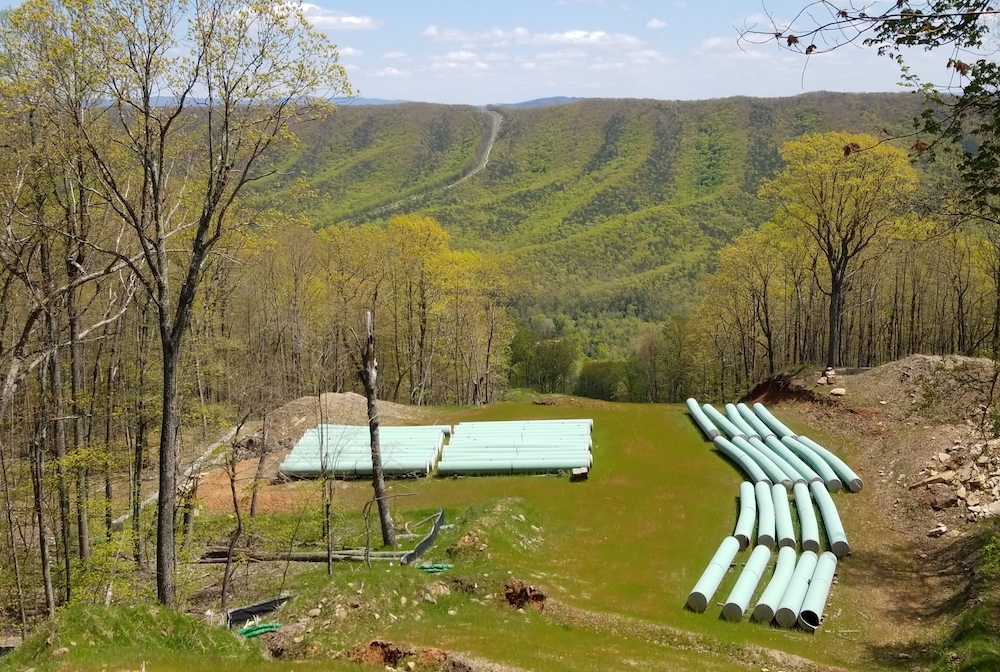Cleaning Up Coal Ash
For well over a century, power plants across the country have burned coal to generate electricity. And for just as long, leftover coal ash has been dumped in open, unlined pits near the power plant, usually located on a river or lake. Every year, U.S. power plants produce 130 million tons of coal ash, which is the second largest waste stream in the country after municipal garbage.
Coal ash concentrates the toxic heavy metals found in coal, including arsenic, mercury, lead and selenium. Stored in unlined, wet impoundments, coal ash has been leaking these toxics into our groundwater and surface waters for years. Sometimes these impoundments collapse — with disastrous results.
Yet government regulations for coal ash management are either non-existent or sparse, and there is little enforcement of the regulations that do exist. In North Carolina, this lack of oversight — and the complicity between state regulators, elected officials and Duke Energy — came to a boiling point in February 2014 when one of Duke’s coal ash impoundments spilled 39 million tons of ash into the Dan River.
Citizens living near North Carolina’s 33 coal ash impoundments — all of which have leaked — have fought for transparency from Duke and the state, and for cleanup of the pollution that threatens their property value, health and family. Their actions forced this issue into the headlines of news networks and to the forefront of environmental justice conversations in the United States.
Appalachian Voices stood with these communities as we worked for years to compel Duke Energy and the N.C. Department of Environmental Quality to excavate coal ash from all the North Carolina sites and dispose of it either in lined, dry landfills, away from waterways, or by recycling it for concrete or other uses, provided it’s done in a manner that protects public health and the environment.
On Jan. 2, 2020, North Carolina announced a historic settlement with one of the state’s most powerful corporations and polluters, Duke Energy. The settlement requires Duke to move nearly 80 million tons of toxic coal ash at six of its power plants to properly lined landfills onsite or recycle it.

Learn information about specific coal ash impoundments in the South, including health threats and safety ratings:
Additional Resources
Fact sheets, videos, links to academic research, and more
Sign Up to Act
Help us protect the health of our communities and waterways.
Latest News
Court rules that coal mines need a permit for water pollution from valley fills
Good news for clean water! Despite a setback in appeals court, overall the Red River Coal Company court ruling will help communities fight back against pollution from mountaintop removal coal mines.
Beyond the Tuition Bill, College Students Face Stressful Housing and Utility Costs
Nearly half of all college students faced housing insecurity in 2020, according to survey data. While COVID-19 made it harder for students to meet basic needs, the problem is not new.
New tool tracks reforestation on old surface mines
Join us on Wednesday, May 26 at 11 a.m. for our release of a new tool that monitors the growth of trees and other vegetation on old surface coal mines in Central Appalachia.
Coal communities and mine cleanup at the center of federal and grassroots efforts
With bills on the Hill, proposals from the White House, new reports issued and forthcoming from grassroots advocates, and new projects underway, there is a lot happening when it comes to coal communities and mine cleanup!
N.C. Upholds MVP Southgate Permit Denial
The N.C. Department of Environmental Quality again rejected a permit for Mountain Valley Pipeline’s proposed extension into the state. MVP also announced another delay and cost increase for the 300-mile fracked-gas pipeline.
Researchers Discover New Wildflower in SC
The only known population of Shealy’s saxifrage lives at a preserve owned by The Nature Conservancy in Pickens County, South Carolina.











